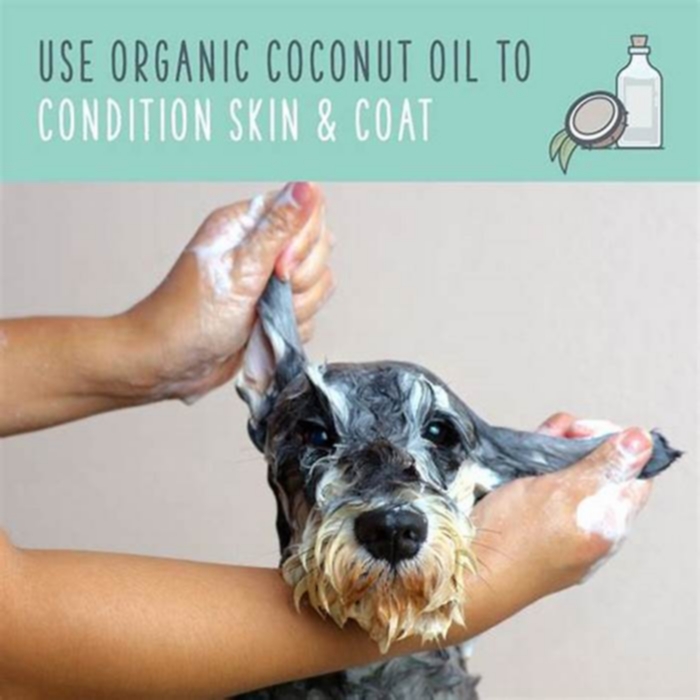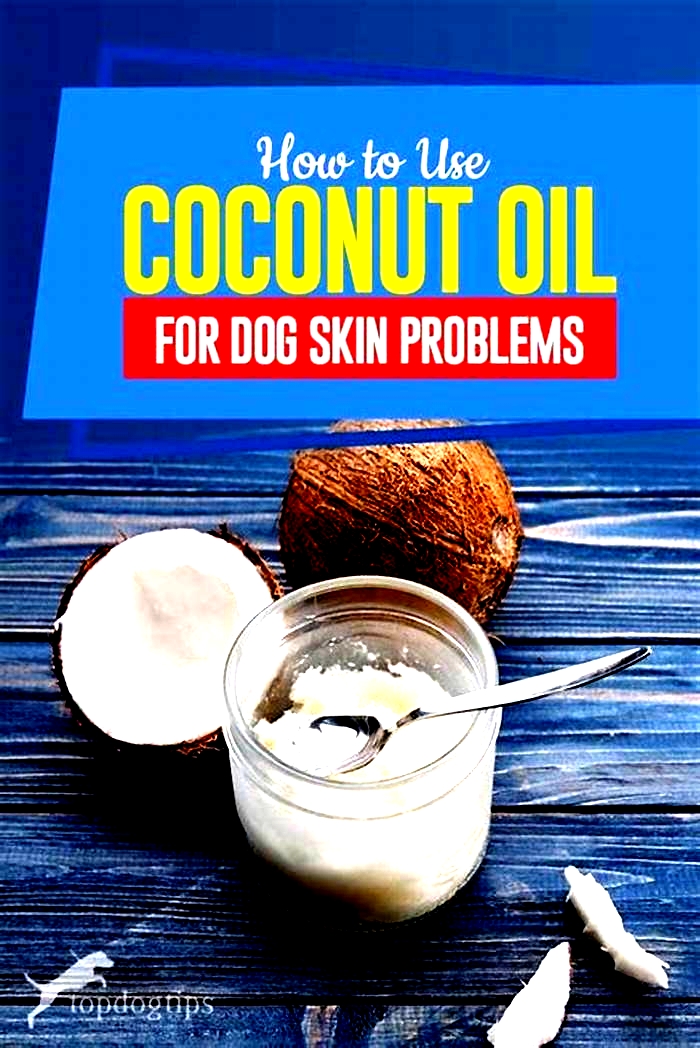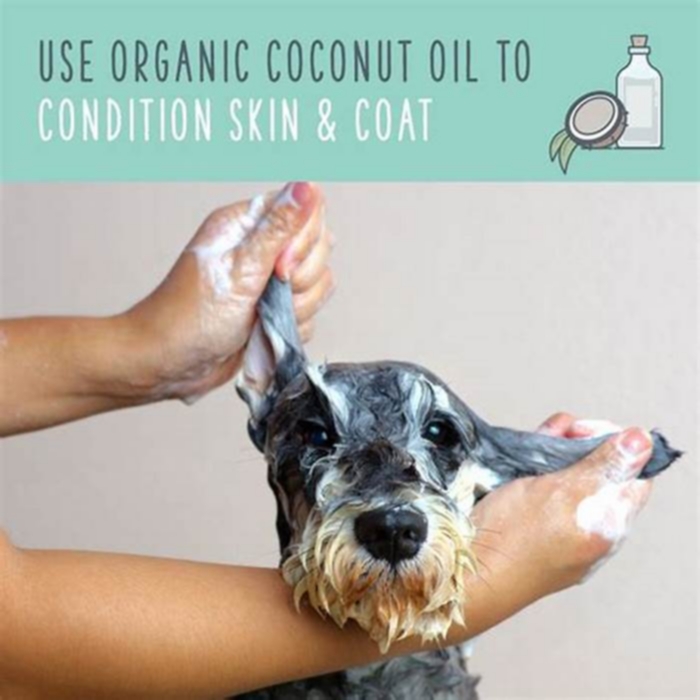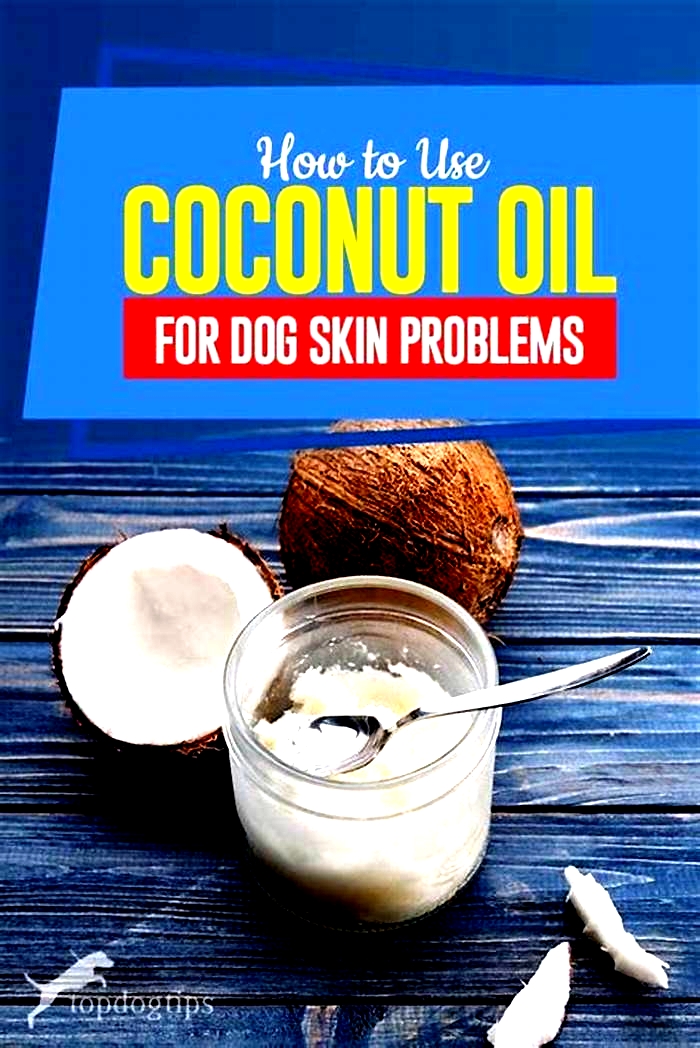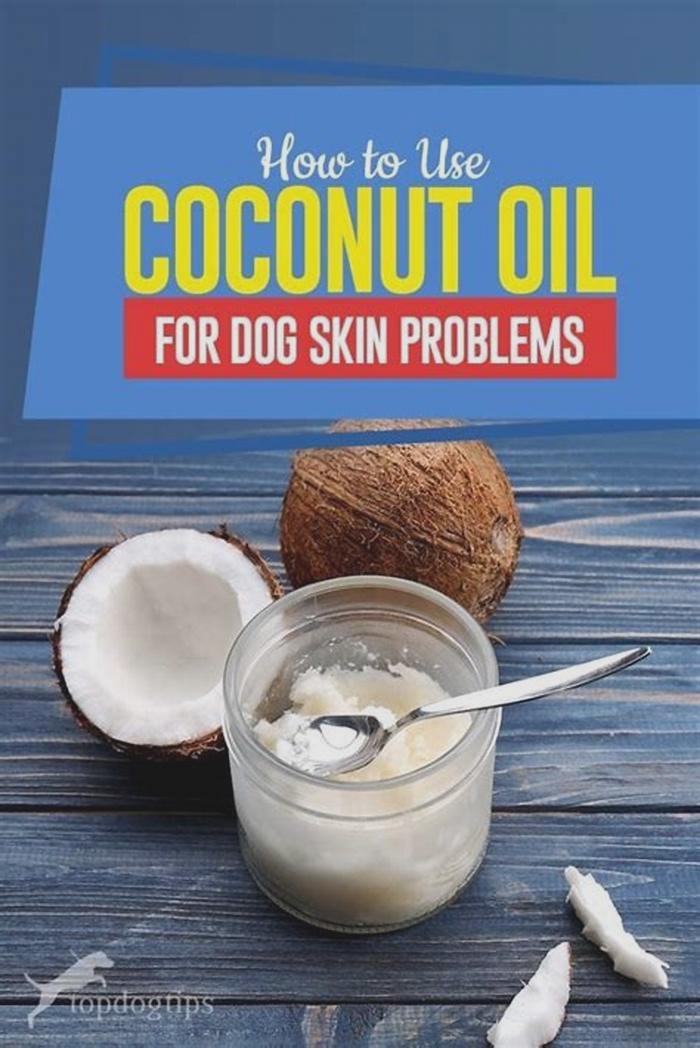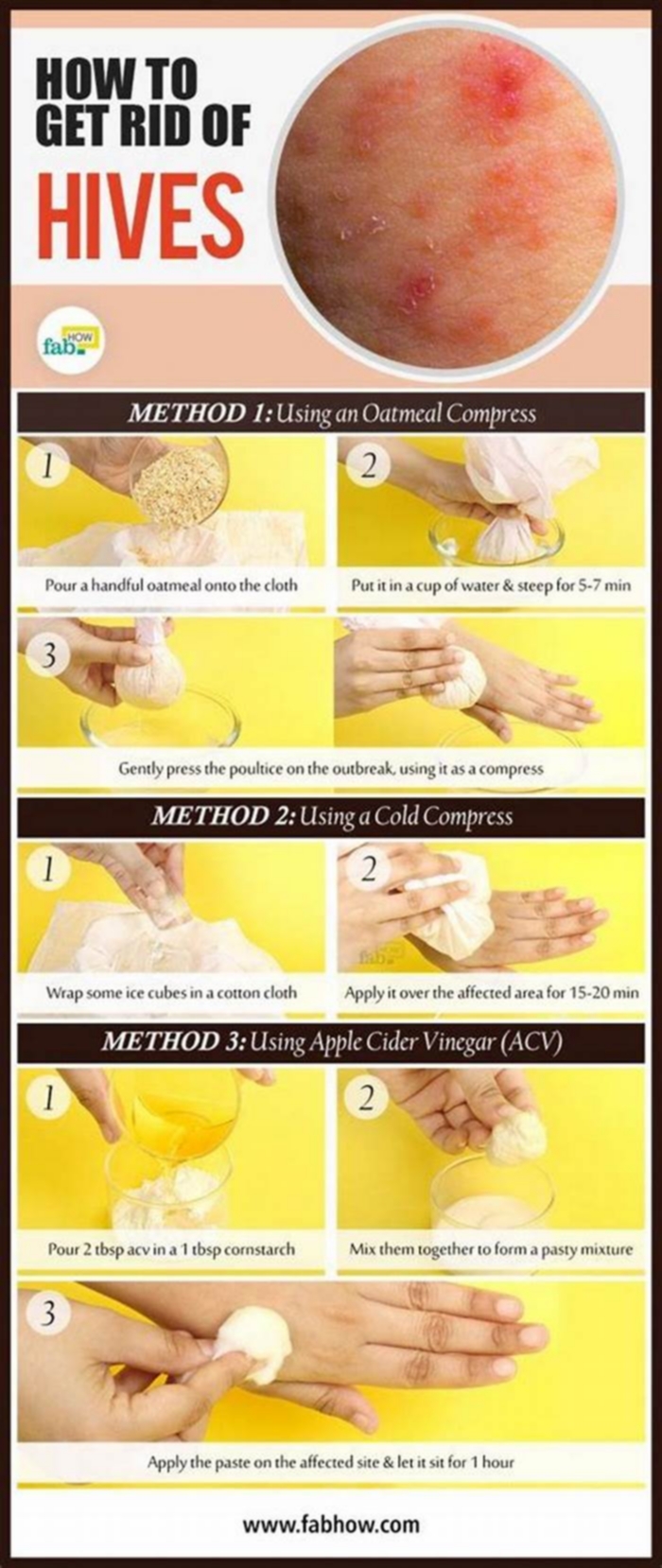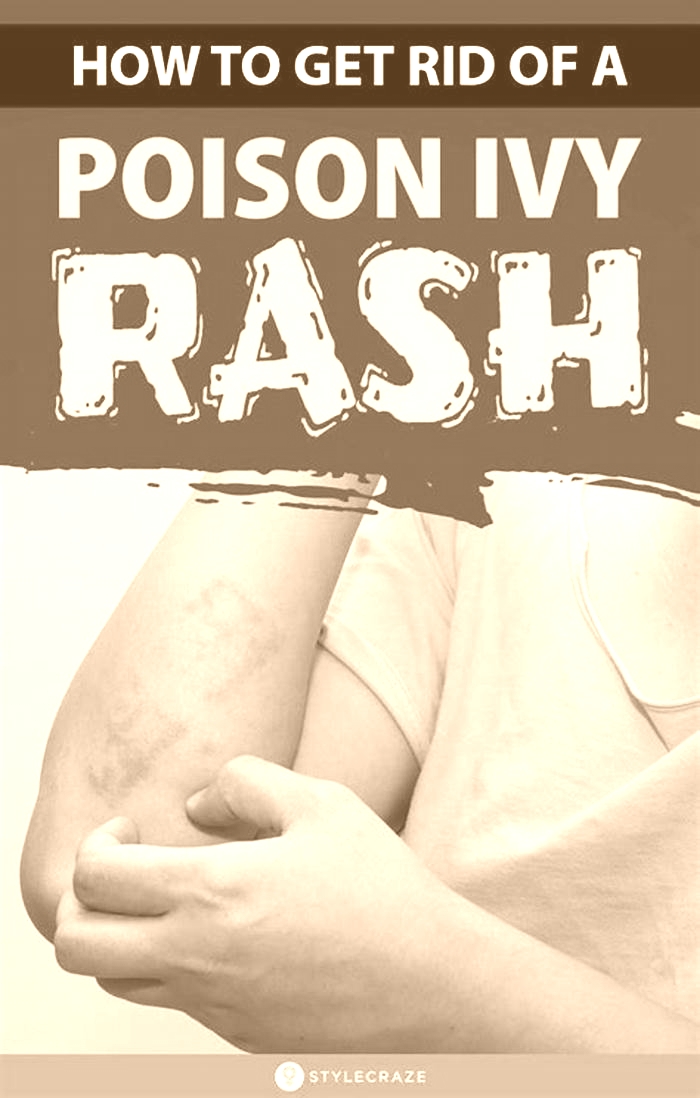Can I leave coconut oil on my dog overnight

Can I Leave Coconut Oil on My Dog Overnight: Benefits and Safety Tips
Yes, you can leave coconut oil on your dog overnight. Coconut oil provides multiple benefits for your dogs skin and coat, and leaving it on overnight can maximize its effectiveness.
It can help treat dry skin, soothe irritation, and improve coat health. However, be cautious of the amount used to prevent your dog from ingesting too much. Introducing coconut oil into your dogs grooming routine can promote healthy skin and a shiny coat.
Coconut oil has antibacterial and antifungal properties, making it an excellent natural remedy for various skin issues. Whether your dog suffers from dry skin, hot spots, or minor irritations, coconut oil can provide relief. By considering the potential benefits and appropriate usage, you can effectively incorporate coconut oil into your dogs care regimen.
Why Use Coconut Oil On Dogs?
Using coconut oil on dogs has become increasingly popular among pet owners due to its numerous health benefits. Coconut oil contains lauric acid, which has natural antibacterial, antiviral, and antifungal properties, making it an effective remedy for skin issues such as itching, dryness, and irritation. Furthermore, coconut oil can improve your dogs digestive health and provide them with a healthy source of energy. When it comes to grooming, applying coconut oil can help with dry or flaky skin, and can contribute to a shiny, healthy coat.
When considering safety considerations for using coconut oil on dogs, its important to note that dogs can safely consume coconut oil in moderate amounts, but its essential to introduce it gradually into their diet. Furthermore, applying coconut oil topically is generally considered safe, but some dogs may have allergic reactions. It is advisable to perform a patch test before extensive topical use and consult with a veterinarian to determine the most suitable dosage and application method for your specific dog.
Understanding Coconut Oil For Dog Skin And Hair
Coconut oil can be beneficial for your dogs skin and fur. It has antibacterial and antifungal properties that can help soothe skin irritations and prevent infections. When applied topically, coconut oil can also moisturize the skin and help with dryness and flakiness. Additionally, coconut oil may promote a healthy, shiny coat when used as a conditioner. It can penetrate the hair shaft and protect against environmental damage. However, its important to monitor your dogs reaction to coconut oil and to consult with a veterinarian before using it as a overnight treatment.
Can I Leave Coconut Oil On My Dog Overnight?
Yes, you can leave coconut oil on your dog overnight. However, its important to use it sparingly and monitor for any potential allergic reactions. Coconut oil can be beneficial for your dogs skin and coat, providing moisture and potentially aiding in healing minor skin irritations.
Can I Leave Coconut Oil on My Dog Overnight?Coconut oil can be beneficial for your dogs skin and coat, and leaving it on overnight can enhance its effects.
Applyinga small amount of coconut oil to your dogs coat and skin, focusing on dry or itchy areas, can help moisturize and soothe irritation. Its important to
ensurethat your dog does not lick the coconut oil off, as ingestion of large amounts can lead to digestive issues. Using a cone collar or
distractiontechniques can help prevent your dog from licking the coconut oil. Additionally, conducting a patch test before leaving coconut oil on your dog overnight can help
determineif your dog has any allergies or adverse reactions to the oil.
Overall, leaving coconut oil on your dog overnight can be safe and beneficial, but its essential to take precautions to prevent ingestion and monitor for any adverse reactions.

Credit: www.akc.org
Frequently Asked Questions For Can I Leave Coconut Oil On My Dog Overnight
How Long Can You Leave Coconut Oil On Your Dog?
You can leave coconut oil on your dog for about 30 minutes to overnight. Its best to start with a shorter duration and monitor for any skin irritation. Some dogs may need more frequent applications, while others may benefit from less frequent use.
Do I Need To Wash Coconut Oil Off My Dog?
Yes, its best to wash coconut oil off your dog to prevent skin irritation.
How Long Does It Take Coconut Oil To Absorb Into Dogs Skin?
Coconut oil typically absorbs into a dogs skin within 20-30 minutes when applied topically. The absorption time may vary based on the amount of oil used and the dogs fur thickness. Regular application can help maintain skin health.
What Does Rubbing Coconut Oil On Your Dog Do?
Rubbing coconut oil on your dog can benefit their skin and coat. It helps moisturize dry skin, reduce itching, and promote a healthy, shiny coat. Additionally, coconut oil has antibacterial and antifungal properties that can aid in treating minor skin irritations.
Conclusion
Its important to consider your dogs specific needs before leaving coconut oil on them overnight. Regular use can be beneficial, but its best to consult your vet first. Remember, moderation is key, and always prioritize your pets health and well-being.
Take the necessary precautions and enjoy the benefits of coconut oil for your furry friend.
Coconut Oil for Dogs: Is it Really Good for Them?
Coconut oil has become a popular supplement for people. In humans, some evidence suggests that consuming coconut oil in limited amounts may offer possible benefits, including boosting the immune system, aiding in weight loss, acting as an anti-inflammatory and antifungal agent, and improving cognitive skills in patients with Alzheimers disease. Today, many experts debate how helpful eating coconut oil may actually be for people.
But pet owners are asking can coconut oil be beneficial to dogs? The answer is maybe. But that doesnt mean you should immediately feed your pet coconut oil or apply it to their skin. Heres what you need to know about coconut oil and dogs.
Science Behind Coconut Oil
Coconut oil comes from the meat of coconuts harvested from the coconut palm tree. Coconut oil consists of at least 90% saturated fats, most of which are medium-chain triglycerides (MCTs). Besides coconut oil, MCTs are often found in palmer kernel oil, butter, yogurt, milk, and cheese.
What are MCTs? MCTs are fatty acids that can be considered good fat. When consumed in moderation, MCTS can provide several benefits, including reducing skin inflammation. MCTs also metabolize quickly and provide an immediate source of energy. MCTs in coconut oil may help battle fungi and infection, support brain health, and lower cholesterol.
Can Dogs Have Coconut Oil? Pros and Cons
Can dogs eat coconut oil? Its possible consuming some coconut oil may offer internal benefits for dogs. The main MCT in coconut oil is lauric acid. Lauric acid has antimicrobial, antifungal, and antiviral properties. Coconut oil also has amounts of capric and caprylic acids, which are known for their antifungal effects. The oil also has both polyunsaturated and monounsaturated (fatty acids that support brain health and help lower cholesterol). Some research indicates that coconut oil may be helpful in aiding canine digestion, improving brain activity and mental function, and assisting with weight loss.
But is coconut oil good for dogs? These benefits dont mean you should go out and feed your dog coconut oil without veterinary approval. There hasnt been extensive research proving that coconut oil will definitively aid in many aspects of canine health. Vets may also debate how widely applicable (or relevant) these studies results are. Furthermore, feeding your dog coconut may work against some of the same conditions coconut oil is said to cure. For example, instead of helping with digestion, the fats in coconut oil can cause upset stomachs or diarrhea in dogs.
Additionally, coconut oil doesnt meet your dogs daily fat requirements. The acids in MCTs dont have enough omega-6 and omega-3 acids, and what it does contain isnt processed very efficiently. As for claims that MCTs protect against bacteria, viruses, and fungi, while the lauric acid in MCTs does kill germs in lab tests, there is no clear evidence that it can be used in sufficient quantities to offer dogs much protection.
When Applied Topically
You may be asking, Can I put coconut oil on my dog? In fact, applying coconut oil to your dogs skin may be helpful. Coconut oil can help soothe irritated areas like hot spots or restore moisture to itchy, dry skin. If your pet has dry, cracked paws, try a DIY paw balm with coconut oil as one of the ingredients.
To add some shine to your dogs coat, try using shampoos formulated for dogs that include coconut oil as an ingredient. A moisturizing dog shampoo containing coconut oil is ideal for hydrating dry fur, while a dog conditioner with coconut oil will help soften the hair.
Can I Use Coconut Oil as a Topical Antifungal Treatment?
If you think your dog may have a fungal issue, talk to your vet immediately and follow their recommended course of treatment. While coconut oil does have antibacterial and antifungal properties, it is unclear how well this translates to canine skin disease, Dr. Linda Simon says. The vets treatment will depend on the species of fungus causing infection, how serious or widespread the infection is, and the age and health of the dog, notes Dr. Jamie Whittenburg. She explains that most mild to moderate fungal infections can be treated topically with a combination of shampoos and creams.
If your dog has a musty smell or greasy skin (resulting from an overgrowth of yeast), your vet may recommend using a medicated wash. For severe or widespread fungal infections, especially in dogs with immune system dysfunction, your vet may prescribe oral medications. These medications can cause liver issues, so serial blood work should be performed to monitor the pets health, Dr. Whittenburg adds.
Your vet may recommend coconut oil as part of a skin supplement regime to strengthen the skin barrier and reduce itchiness or dry skin, according to Dr. Simon. Dr. Whittenburg adds, In most cases, theres no harm in utilizing topical coconut oil on a dog. However, it is messy, can clog pores, and may cause the dog to lick the affected area more, leading to increased pain, inflammation, and infection.
How Can I Safely Give Coconut Oil to My Dog?
Before applying coconut oil topically or giving your dog some to eat, discuss these options with your vet. If they approve of you giving coconut oil to your pet, choose unrefined coconut oil, also called virgin coconut oil. Better yet, look for cold-pressed oil, which uses a method to preserve nutrients.
If youre feeding it to your dog, be aware that oils have different smells and tastes. Some have a bold coconut taste, while others are bland. Some are buttery and smooth, while others are nutty. You may have to experiment a bit to find one your dog likes. Alternatively, your vet may recommend trying coconut oil skin and coat supplements designed specifically for dogs.
If you do put a small amount of coconut oil on your dog and they lick it off, that likely wont cause much harm. But feeding it to them can definitely lead to both weight gain and gastrointestinal disturbances, Dr. Whittenburg says. Dr. Simon agrees, explaining that long-term feeding of coconut oil can lead to obesity in dogs and even trigger pancreatitis (a potentially life-threatening condition caused by inflammation of the pancreas). In the short term, your dog may experience greasy stool or diarrhea.
To use coconut oil topically, apply it to the skin about once a week, and let it be absorbed for a few minutes. After five minutes or so, rinse your dog off. If they still feel greasy or oily to the touch, you can follow up with a light shampoo and rinse.
Because of the potential risks associated with the topical or internal use of coconut oil, Dr. Whittenburg doesnt recommend that dog owners select products specifically for their coconut oil content. In the case of hardened noses or paw pads, for example, using soothing products made with coconut oil can help soften.
Can I Leave Coconut Oil on My Dog Overnight?
It is generally not recommended to leave coconut oil on your dog overnight. While coconut oil does have some benefits for a dogs skin and coat, leaving it on for extended periods can potentially clog their pores and cause irritation. Coconut oil should only be applied topically to spots in need and allowed to absorb before your dog engages in normal activities like playing, sleeping or bathing. For best results, apply coconut oil daily as needed but remove any excess oil that has not absorbed into the skin within 30 minutes. In this article, we delve into the question on many minds: Can I Leave Coconut Oil on My Dog Overnight?
How to Apply Coconut Oil on Your Dog
Coconut oil offers tremendous health and grooming benefits when applied externally to dog coats and skin or given orally. To allow the oils moisturizing, anti-bacterial and conditioning properties to fully work, learning proper application guidelines helps. Focus application on dry skin patches, irritated areas or skin folds prone to rashes.
Lightly massage oil into the fur and skin rather than heavily coating. Spread onto paws, nose and ears gently avoiding eyes. Start with small amounts to test sensitivity. Proper dosing for oral consumption depends on dog size. Always supervise your dog when first using coconut oil to monitor reaction. Introduce slowly transitioning from topical use to ingestion to allow adjustment.
Can I Apply Coconut Oil on My Dogs Nose?

Coconut oil makes an excellent moisturizer for cracked, dry dog noses prone to irritation. The oils fatty acids condition the tender nasal planum skin while fighting bacterial or fungal overgrowth causing scaly sores. Its hydrating properties prevent painful cracking from winter cold, summer sun or indoor heat triggering rhinitis flareups. Plus the tropical scent appeals to canine senses of smells.
When applying to the nose, only use a very thin layer to avoid excess oil residue. Focus just on the nose leather itself not the nostrils, using a cotton ball. Check for redness or excessive face licking afterward. Discontinue if reactions occur. Most dogs tolerate virgin coconut oil well for gentle nose moisturizing benefits though spot testing any new topical is wise.
Is Coconut Oil Safe For Dogs Skin?
Daily topical usage benefits skin and coat health. The light texture also rinses out easier compared to thicker oils. Potential sensitivities to coconut itself or its fat content rarely occur but remain possible. Test small skin patches first when applying especially to smaller, elderly or allergy-prone dogs. But generally coconut oil earns its reputation as a premium, nourishing oil for dogs skin when integrated into grooming routines.
How Long Can You Leave Coconut Oil on a Dog?
When applying coconut oil topically to dogs coats and skin for hydrating essential fatty acids and beneficial antioxidants, absorption rate guides ideal leave-on duration. Light concentrations of coconut oil fully absorb within 8-12 hours max. Leaving oil beyond 12 hours risks residues transferring onto furnishings. For deeper penetration to benefit skin, several hours of contact works well.
But coating fur intended mostly as a conditioning rinse-out treatment needs only minimal leave-on time before bathing out. For reference, massaged skin absorbs coconut oil within 90 minutes while hair shafts require closer to 8 hours. So the ideal leave-on time frames between an overnight application providing moisturizing benefits and a quicker grooming regimen simply imparting coat shine.
Can You Put Coconut Oil on Dogs Paws?

Dog parents can safely apply coconut oil to moisturize cracked, raw paw pads or soothe abrasions between toe crevices. The oils concentrated medium-chain triglycerides offer natural antibacterial, antifungal benefits to protect against infection-causing germs. Caprylic acid converts into antiseptic monocaprin upon skin contact to fight external pathogens. Lauric acids hydrating properties prevent further pad cracking.
Plus the oils vitamin E content encourages tissue healing while still soothing irritation. These compounds treat sore paws without stinging like alcohol-based cleaners. Simply massage lightly onto clean paws avoiding fur. The oil absorbs fully overnight when applied before bedtime. Coconut oil works wonders nurturing tough paw skin vulnerable to weather, terrain and seasonal salt/chemical exposure.
Benefits of Coconut Oil for Dogs
May Be Used as Medicine
Ingesting or topically applying pharmaceutical-grade virgin coconut oil offers therapeutic advantages for dogs. Concentrations of antiviral, antibacterial and anti-inflammatory lauric acid benefit immune health. MCTs provide fast energy and ketones to sharpen mental function and control epilepsy seizures.
Lauric acid converts to monolaurin to battle parasites, viruses and infections without toxicity. Powerful antioxidants fight cartilage damage, arthritis and aging. Using coconut oil both internally and externally speeds healing of upset stomachs, skin conditions, ear infections, flea allergies and more. Always source reputable supplement-quality oil produced specifically for pets. Dose by weight using coconut oil both as targeted treatment and daily supplemental medicine.
May Make Drug Administration Easier and More Palatable
Mixing medications, supplements or essential oils into coconut oil before giving dogs oral doses helps easier delivery and administration. The oil binds to active ingredients and encapsulates them to ensure full ingestion. This prevents dogs from sensing and spitting out bitter powders or pungent emulsions they dislike. Coconut oil also shields teeth from staining from antibiotic syrups.
Its inherent palatability and flavor masks unpleasant tastes dogs typically avoid. The oils density allows blending powders and liquids into a pliable dough easily spoon-fed. As a binding agent and chaser, adding coconut oil helps dogs happily cooperate taking needed prescription and over the counter drugs without the usual struggle and stress of forced oral dosing.
May Be Used as a Food Supplement
Adding small coconut oil amounts to dogs diets supplies beneficial daily nutrition. Alongside its antiviral, anti-fungal and antibacterial richness, coconut oil provides energy-enhancing medium chain triglycerides, protein building-blocks in amino acids, and bone-protecting manganese and calcium. Antioxidants fight disease and slow cellular aging.
Supplementing food with ultra-absorbable caprylic acid, lauric acid, capric acid and vitamin E concentrates these advantages. Start with 14 teaspoon per 10 pounds body weight added to meals. Slowly increase up to 1 tablespoon for large dogs based on energy, stool and weight changes. More than a treat, regular coconut oil improves whole-body wellness. Monitor thyroid levels in supplementing for extended periods.
May Be Used as a Moisturizer
Rubbing coconut oil into dry, cracking paw pads, itchy skin folds and abrasions utilizes its unparalleled moisturizing effects for superior healing. The oils medium chain fatty acids deeply penetrate skin faster than other oils. Lauric acid, capric acid and other emollients penetrate the dermis to alleviate inflammation and irritation beneath the surface. This facilitates faster reparation and restoration for damaged tissue.
Dry skin and keratinized disorders respond beautifully to coconut oils hydration. Its healing benefits concentrate in topical usage directly targeting affected areas systemically through dogs self-licking as well. Applying to localized sores prevents infection as powerful antibacterial properties get absorbed.
May Be Used for Wound Management
Wounds require protection against infection to heal properly. Diluted with lavender, tea tree or other carrier oils then applied around the perimeter of sutures, wounds and cuts, coconut oil forms a protective barrier shielding against bacteria and dirt. Caprylic acid coverts into an antiseptic layer keeping pathogens out despite licking or contact contamination. The oil also speeds local blood supply to improve tissue oxygenation and regeneration. Its vitamin E benefits scarring while fighting inflammation. Used with e-collars preventing licking, coconut oil nurtures wounds keeping the area supple to prevent cracking scabs and complications as skin knits back together. All while avoiding harsh chemicals that would sting.
May Be Used for Dental Management
Incorporating coconut into dental care routines combats plaque naturally with enzymes fighting bacteria-causing gingivitis, periodontal infections and cavities. Lauric acid concentrate into antiviral monolaurin to kill pathogens lingering in saliva contributing to tartar buildup and receding gums. Oil pulling draws out infection immersing teeth in natural antiseptic wash.
Coconut oil added to drinking water inhibits biofilm clinging to tooth surfaces to inhibit decay. Plus coconuts taste appeals to dogs unlike minty pastes. Using coconut oil instead of antiseptic rinses soothes inflamed sore gums after cleanings without alcohol stinging. Over time plaque slows while breath freshens.
May Be Used as a Flea and Tick Deterrent
Flea and tick infestations irritate dog skin and transmit dangerous diseases. Used topically or fed as a supplement, coconut oil may deter biting insects through multiple modes of action. Lauric acid concentrate into insecticidal monolaurin toxin fatal to fleas and ticks but harmless to mammals. This insect toxicity reduces bites after exposure but doesnt equal chemically formulated veterinary preventatives completely eradicating infestations.
Additionally components block insect odor detection of hosts. This dual approach firstly kills them on contact while secondly masking dog scent trails to some degree. Another benefit: compared to harsh chemical flea collars and topicals that commonly provoke allergic reactions, coconut oil causes less skin sensitivity. Using coconut oil as one part of non-toxic flea prevention can supplement other measures.
How to Apply Coconut Oil on Your Dog: 5 Easy Steps
Step 1: Prep the oil
Begin by selecting a high quality virgin or refined coconut oil intended for pet usage. Test a dime sized amount on your forearm for any reaction beforehand. Measure out the proper dosage for your dogs size. Warm a small amount until liquid between palms for easier spreading if applying to skin or fur.
Step 2: Choose an application area
Determine whether targeting a specific area of concern like the nose, paws or hot spots for therapeutic effects or applying as part of wider grooming. Dogs benefit from both localized treatment of irritations and overall conditioning.
Step 3: Apply the oil lightly
Rub a thin uniform layer into the coat working down to the skin without over-saturating the hair or creating drips. Take care avoiding eyes, ears and mucus membranes. Focus on dry skin, cracked nose leather, chewed paws or flakey skin patches enabling the oils deep absorption.
Step 4: Brush the coat afterwards
Once applied to the area, let the oil soak in for several minutes before brushing through the fur to evenly distribute it wider without clumping. Use a wide-toothed comb to fully integrate oil across the coat to the skin for maximum conditioning and stimulation of hair follicles.
Step 5: Clean up excess oil
Carefully wipe any visible residue off furnishings and flooring to prevent grease stains long-term. Wash hands after application as well. Monitor your dog following initial topical use and first few days ingesting oil to watch for potential allergic reactions, which are very rare.
How to Remove Coconut Oil from Dog Fur
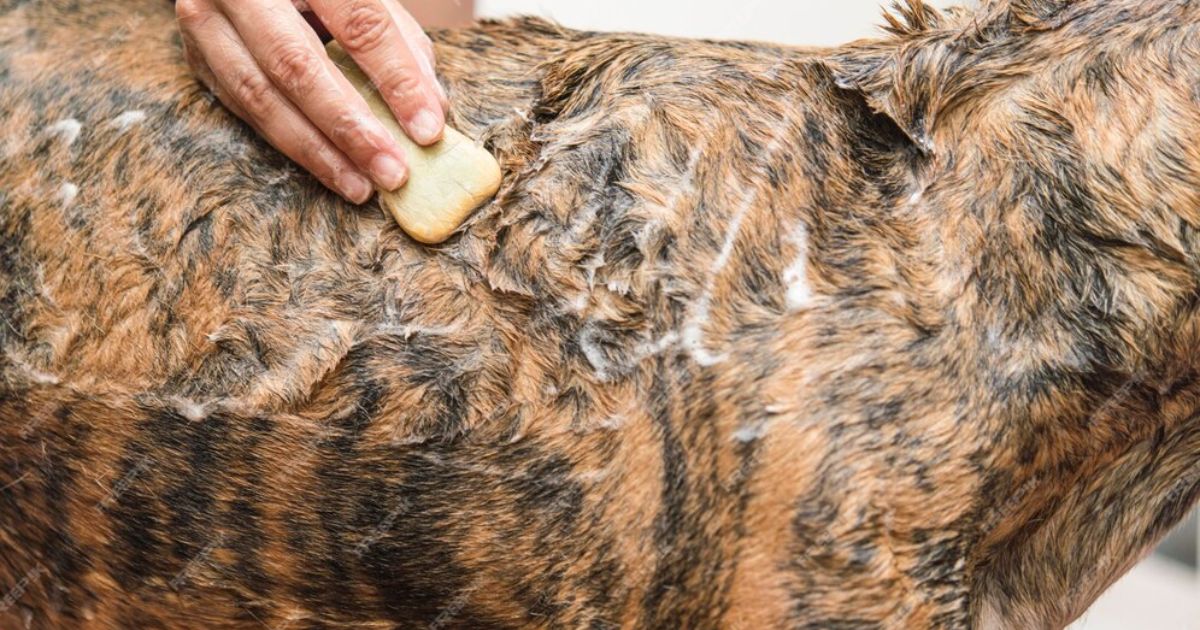
While coconut oil offers tremendous benefits for dogs skin and coats, excess oil left sitting in fur can transfer onto furniture and floors. Learning proper removal prevents messes. Start by brushing dry fur with a slicker brush to dislodge residues a day after application. Next bathe your dog using gentle dog shampoo to wash away remaining oil fully without irritation.
For smaller amounts, rubbing a bit of liquid soap, corn starch or milk powder into oily patches then brushing once dry also lifts oil effectively. Limit future applications to only how much your dogs coat will absorb based on their hair length and density to prevent buildup. Properly removing excess oil residue keeps your dog and home tidy.
How to Rinse Off Coconut Oil from the Dogs Body
After topically applying coconut oil across your dogs body for healthy skin and lustrous fur, follow these tips for easy removal during bathing:
- First, brush the dry coat before bathing to loosen and remove any lingering flakes or clumps sitting on top. This prepares the hair shafts for shampooing.
- Next wet your dogs coat thoroughly before lathering up shampoo, allowing the water to penetrate down to the skin.
- Massage shampoo gently over the oiled areas like the back, chest and legs to emulsify then dissolve the oil into the shampoo suds.
- Let the shampoo sit for 2-3 minutes to allow surfactants to fully lift residue away down the fur and off the skin before rinsing.
- Rinse thoroughly with warm water removing all traces of shampoo and residue until water runs clear.
- Follow up with an oil-free conditioning treatment if desired for continued coat nourishment after washing away excess oil.
- Proper water temperature, shampooing technique and rinsing lifts even concentrated coconut oil easily in bathing without irritating the skin if completed patiently. Pay special attention to oil-prone areas like the back and tail. Over time coconut oil ingestion and topical absorption normalizes minimizing buildup.
Related Post : Do I Have Separation Anxiety From My Dog Quiz?
FAQs
Is it safe to leave coconut oil on my dog overnight?
While coconut oil has many skincare benefits for dogs, its generally not recommended to leave it on their coat overnight since they may try to lick it off and it could get in their eyes.
Will coconut oil clog my dogs fur?
No, coconut oil is non-comedogenic and wont clog pores or coat like other oils. It absorbs easily without leaving residue.
Does coconut oil help with fleas?
Coconut oil can help repel fleas when massaged into coats. However, for best results, be sure to also use vet-approved flea treatment as fleas may still be present overnight posing risks.
Conclusion
Finally, while coconut oil has many benefits for dogs and their skin and coat, it is generally not recommended to leave it on overnight. Coconut oil is a safe and natural moisturizer that can relieve dry skin and improve the condition of the skin. When applied topically, its antibacterial properties can help with mild skin problems. However, there is a risk that the dog may try to lick the oil in its sleep and accidentally ingest it. Overdose can potentially cause diarrhea or stomach upset. For best results, its usually enough to apply coconut oil and massage it in while brushing in the evening, without leaving a thick coating overnight.

